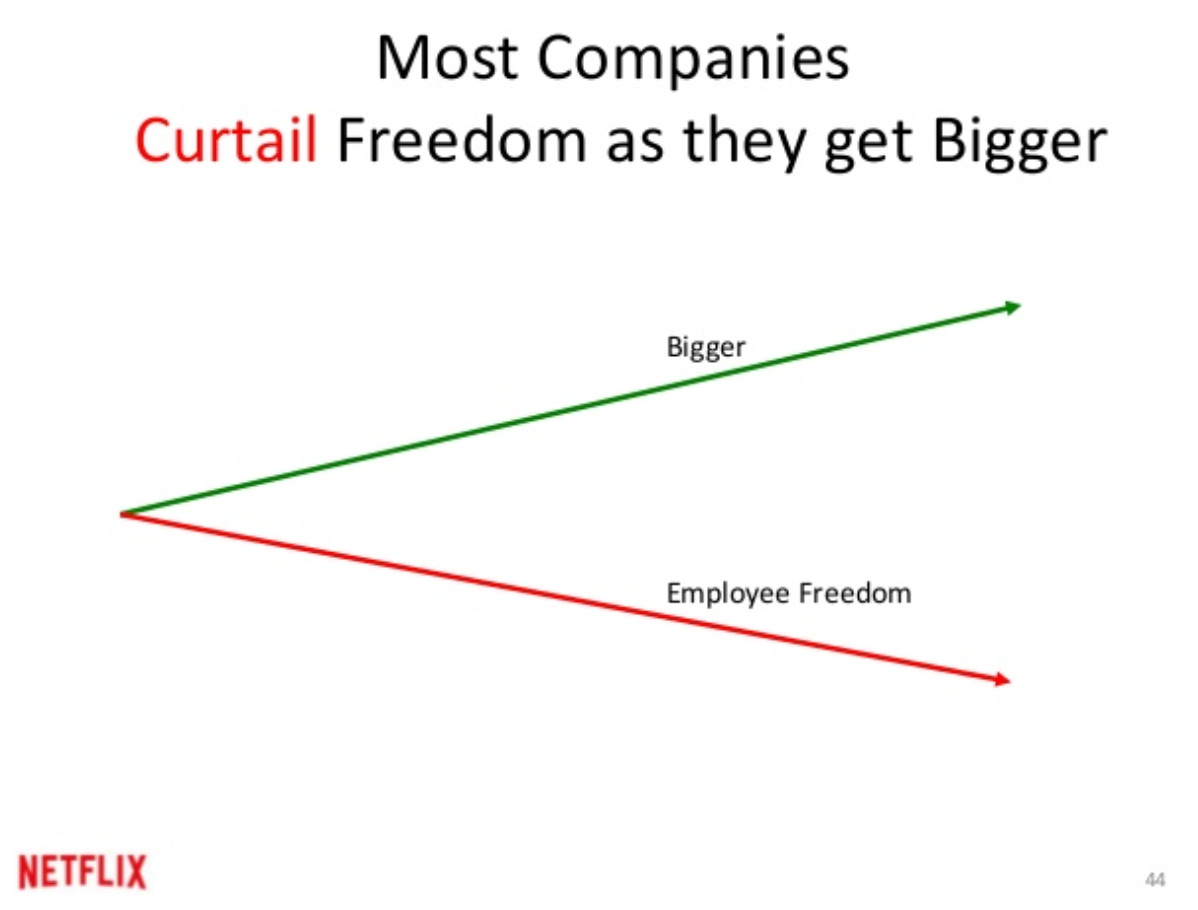This week I read the forthcoming new book by London Business School’s Gary Hamel. It was preparation for a podcast that goes out this week (listen to the episode here). The book is a well-reasoned dismantling of business bureaucracy.
Silently and without any of us noticing many businesses are struggling, having become overwhelmed with bureaucracy.
In a stat that is buried away in the book, Hamel and his co-author Michele Zanini say that a third of the whole US wage bill is middle managers, and their view is that eliminating them is the quickest way to stimulate innovation. They talk about the familiar burden of layers of management, where managers report into managers into managers, increasingly disconnected from the frontline workers actually doing the work.
Hamil gives 10 questions that help us assess our own organisation’s Bureaucratic Mass Index. In the podcast discussion we talk a lot about the disruption that has ensued since he submitted his manuscript - and how the current moment presents an opportunity.
His relentless focus on unproductive layers of supervision initially seemed simplistic to me but I was fortunate enough to be a on a call this week that Tom Goodwin (provocateur at media group Publicis) and Netflix culture deck supremo Patty McCord this week. Tom asked me whether I felt every company should set about creating something as definitive as the Netflix culture deck (my previous chat with Patty is here in text & audio forms btw). As I explained, while the rigour of going through that thought process could be helpful, maybe the quickest thing that any of us could learn from Netflix is an obsessive elimination of bureaucracy. Netflix were convinced that the thing that would turn them into Blockbuster was if they allowed the old relationship (below) to catch up with them.
Companies start as insurgents, moving quickly and they become laden with rules and process. There’s clearly an application of this for the world we’re creating right now. I’ve taken to asking people how many hours a week they are spending on video calls. It astonishes me how many people say ‘over 30’. As Cal Newport told us cognitive breakthroughs commonly come from Deep Work. If we’re doing all of our work out loud, spoken on video calls we’re just talking to ourselves about what we already know.
Reading through Gary Hamel’s BMI questions might give you reason to ask whether you could do anything to eliminate your own Zoom-based bureaucracy. Netflix found that getting rid of middle managers (and giving workers more power) seemed to do the trick.
New podcast - a discussion on what we can learn about team dynamics by understanding neuroscience. If you’ve ever found yourself talking about ‘purpose’ or psychological safety this will give you a very different take on the way these things work in practice.
Communication is more than just swapping messages, real conversation has us going “in and out of each other’s bodies” - Ian Leslie has an interesting take on why Zoom calls don’t work well
There’s a growing fear that the lockdown is creating a mental health time bomb that will only slowly reveal itself. Loneliness seems to be spiralling
The FT feels that the death of the office is being oversold because “more than 50 per cent of respondents who are teleworking due to the pandemic are experiencing burnout” exacerbated by loneliness
Former guest, Teresa Amabile, explains what factors motivate us to be creative (TL;DR intrinsic motivation, no rewards, no competition)
One of the interesting trends of late is the amount of toxic companies being called out. It’s a cautionary note for anyone thinking there’s no consequence of ‘bad apple’ bullying managers:
Ubisoft CEO says he’s going to deal with the fact that harassment complaints were ignored (the company’s VP of editorial was pushed out this week and one story says he choked a female employee at a company event and lots of the company knew about it)
The story of the a gang of Silicon Valley Bros turning on one NYT journalist last week (as a result of her calling out the CEO of expensive luggage brand Away). Former guest Mike Isaac calling it right here
Pinterest bosses created a ‘den of discrimination’ ($ link)
UK fast fashion online retailer boohoo’s value almost halved after a Sunday Times article suggested their sweatshop working conditions contributed to the Coronovirus resurgence in Leicester
“Less certainty, more inquiry” - I’ve been enjoying Maria Konnikova’s book about her journey from psychology student to pokerstar - she’d never played the game before she found her mentor and started studying. (Her overall take is that so often we decide what we think is going on - in poker, in life - and we stop watching what is actually happening)
Like this a lot! mmhmm - a new tool from the founder of Evernote that allows you to present in Zoom/Google Meet in a more captivating way
Microsoft Teams has caused me some incredibly stressful moments in this lockdown, here they’ve come out fighting with some improvements. One of which, called Teams Together, looks ok in theory. It shows all of the heads of your whole team rendered in one fleshy pyramid. I love imagining how much time a marketer spent choosing ethnicities in this bizarre image.
Make Work Better is created by Bruce Daisley, workplace culture enthusiast. You can find more about Bruce’s book, podcast and writing at the Eat Sleep Work Repeat website. If you’re looking to facilitate a leadership discussion about work culture - or just a lunchtime talk to the team, get in touch!








